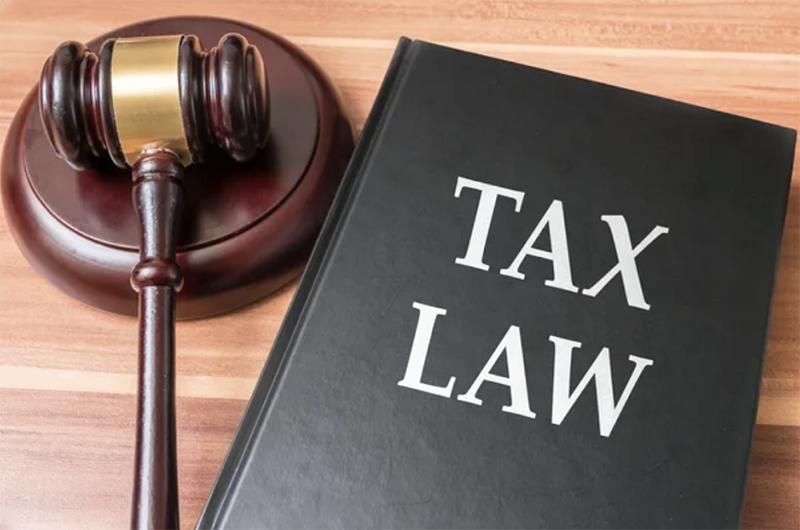Looking for information on tax records as a property owner in California, it’s essential to have a comprehensive understanding of the state’s tax laws to avoid legal issues and ensure compliance with relevant tax regulations. California property tax laws are complex, and navigating through them can be challenging.
In this article, we will discuss the critical components of property tax in California, including the roles of the Assessor, Auditor-Controller, Treasurer, and the Assessment Appeals Board, accessing public records, understanding Los Angeles County property tax and tax collection, the difference between tax assessor and tax collector, the importance of property records of California and property tax records, and compliance with IRS guidelines.
The Role of Assessor, Auditor-Controller, Treasurer, and Tax Collector in Property Taxation
The Assessor is responsible for determining the assessed value of all taxable property in California. The Auditor-Controller manages the financial resources of the county and oversees the property tax billing process. The Treasurer and Tax Collector collect property taxes on behalf of the county.
Understanding Assessment Appeals Board and Property Tax in California
The Assessment Appeals Board is an independent agency that oversees property tax appeals in California. Property owners who disagree with the assessed value of their property can file an appeal with the Assessment Appeals Board. Property tax in California is based on the assessed value of a property, and it is calculated as a percentage of that value.
Accessing Public Records and Assessor Property Information
Public records and assessor property information are available for public viewing. You can access these records by contacting your local Assessor’s Office. These records provide information on the assessed value of a property, property ownership, and property tax history.
Navigating Los Angeles County Property Tax and Tax Collection
Los Angeles County property tax is based on the assessed value of a property and is collected annually. The Tax Collector is responsible for collecting property taxes in Los Angeles County. Failure to pay property taxes can result in legal action, including a lien on your property.
Tax Assessor vs. Tax Collector: Understanding the Difference
The Tax Assessor is responsible for determining the assessed value of a property, while the Tax Collector collects property taxes. It’s essential to understand the difference between the two to ensure compliance with property tax laws.
The Importance of Property Records of California and Property Tax Records
Property records of California and property tax records are critical for property owners to maintain. These records provide information on property ownership, property tax history, and the assessed value of a property. These records can also be used to resolve disputes and legal issues related to property tax.
Compliance with IRS Guidelines for Property Tax
Property owners must comply with IRS guidelines for property tax to avoid legal issues. The IRS requires property owners to report any income they receive from rental properties or properties they sell. Property owners must also report any losses they incur related to property.
In conclusion, understanding tax records for a property is essential for California property owners. By understanding the roles of the Assessor, Auditor-Controller, Treasurer, and Tax Collector, accessing public records and assessor property information, navigating Los Angeles County property tax and tax collection, understanding the difference between tax assessor and the importance of property records of California





